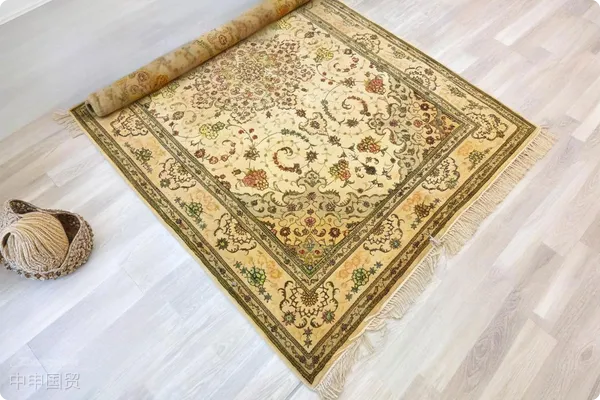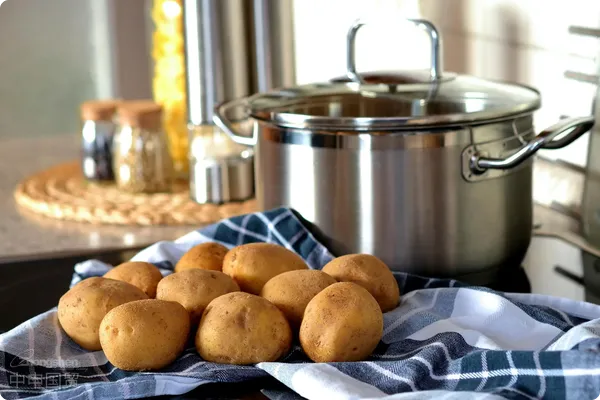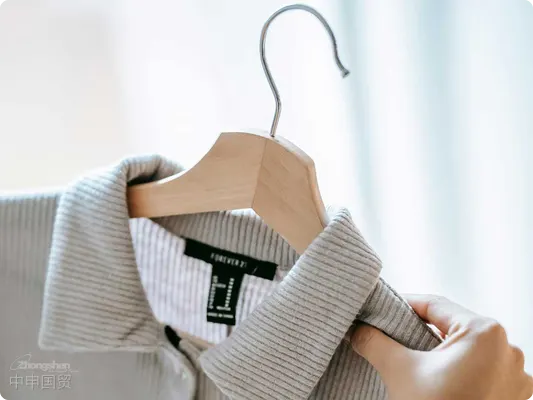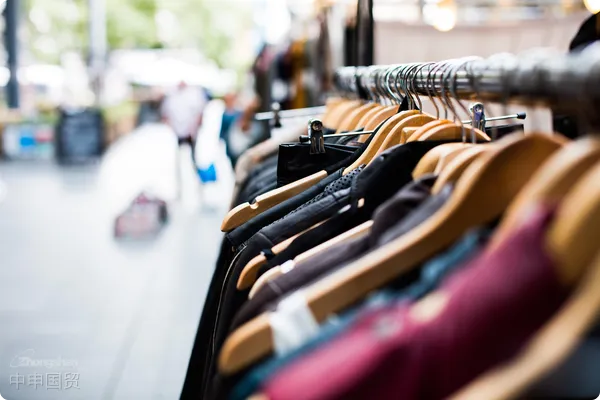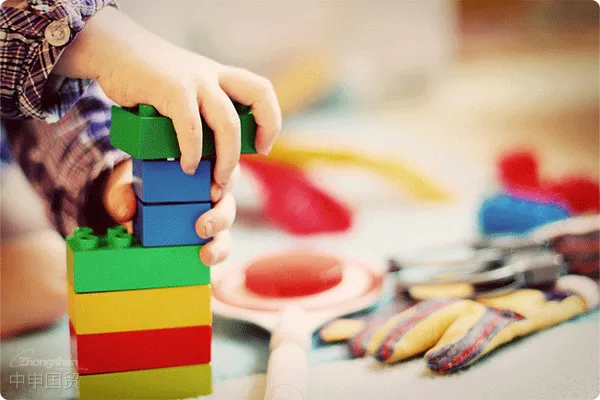- Shanghai Zhongshen International Trade Co., Ltd. - Two decades of trade agency expertise.
- Service Hotline: 139 1787 2118
Due to their direct contact with food, kitchen and dining glass products have strict requirements for product safety, environmental friendliness, and document compliance in the Spanish market. How to prepare documents such as commercial invoices and food contact test reports? How to optimize the customs clearance process with the help of agency services? This article will reveal the key operation guidelines for exporting kitchen and dining glass to Spain, making exports easier and more efficient.
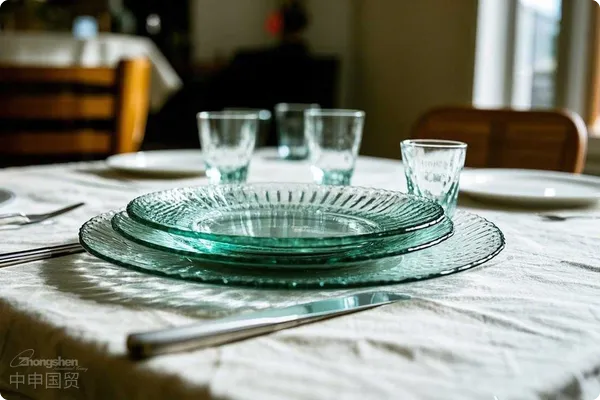
I. Documents Required for Spanish Customs Clearance
- Basic Customs Clearance Documents:
- Commercial Invoice: Clearly list the product name, quantity, unit price, total price, and trade terms (such as FOB, CIF, etc.).
- Packing List: List in detail the contents of each package, including the number of boxes, weight, and volume.
- It is recommended to verify through the following methods:(CO): Issued by the Council for the Promotion of International Trade or relevant institutions to prove the origin of the goods. Spain accepts CO issued by China.
- Special Test Reports:
- European Standard Food Contact Test Report:
For kitchen and dining glass products, food contact safety is of great importance.
The test content needs to meet the requirements of the EUs Regulation on Food Contact Materials (such as EC 1935/2004).
Reports issued by third - party testing institutions are highly effective. It is recommended to send samples for testing in advance, which can generally be completed within one week.
- European Standard Food Contact Test Report:
- : Including product manuals, quality management system certificates, etc.:
- Bill of Lading: A transportation contract issued by the freight company.
- Insurance Policy: If transportation insurance is involved, it needs to be provided.
II. Precautions for Food Contact Requirements
- The Role of the Food - Grade Test Report:
The EU market has high requirements for kitchen and dining glass products, and a food contact safety test report needs to be provided to prove that the products meet safety standards.
The test scope includes material migration performance (such as the release of harmful substances) and high - temperature resistance performance, etc. - Misunderstandings about CE Certification: Kitchen and dining glass does not require CE certification. A food contact report can meet the requirements of the EU and Spanish markets.
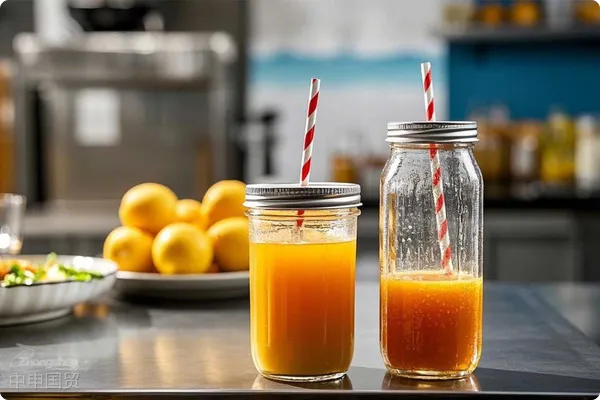
III. Collaboration with Importers and Customs Brokers
- Confirm Customs Clearance Requirements:
- It is recommended to communicate with the importer to clarify the specific document requirements of the local customs. If the importer is unfamiliar, it can be suggested that they consult a professional customs broker.
- Ensure that all documents are complete and meet the customs clearance requirements of the destination country to avoid cargo detention due to incomplete documents.
- Provide Customs Clearance Support:
- Assist the importer in preparing documents such as test reports and certificates of origin.
- Submit sample documents to the freight forwarder or customs broker in advance to ensure that the format and content are correct.
IV.Export RepresentationThe Auxiliary Role of Services
Export agency companies can provide the following support for enterprises:
- Document Preparation and Review: Prepare commercial invoices, packing lists, and certificates of origin to ensure the completeness and compliance of the documents.
- Testing and Certification Assistance: Guide enterprises to complete the sample sending and test application required for food contact testing.
- Freight and Customs Declaration Support: Assist enterprises in booking shipping space, handlingExport Clearanceprocedures, and ensure the smooth shipment of goods.
V. Summary and Recommendations
For kitchen and dining glass products exported to Spain, special attention should be paid to the testing requirements for food contact safety, and at the same time, ensure the completeness and compliance of customs clearance documents. In actual operations, enterprises should:
- Communicate with customers and customs clearance agents in advance to confirm the specific requirements of the local customs.
- Prepare necessary documents such as commercial invoices, packing lists, certificates of origin, and food contact test reports.
- Leverage professional export agency companies to optimize document preparation and freight arrangements.
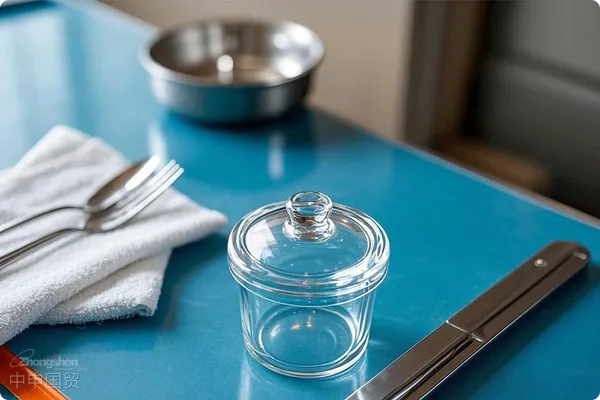
For the export of kitchen and dining glass to Spain, enterprises need to be comprehensive and accurate in product testing and preparation of customs clearance documents. Communicate in advance about the regulatory requirements of the target market. With the professional support of an export agency company, not only can risks be reduced, but also your products can reach customers faster and more safely. The export journey is made smooth by professionalism!ZhongShen International TradeSpain Import and Export
Related Recommendations
? 2025. All Rights Reserved. Shanghai ICP No. 2023007705-2  PSB Record: Shanghai No.31011502009912
PSB Record: Shanghai No.31011502009912
